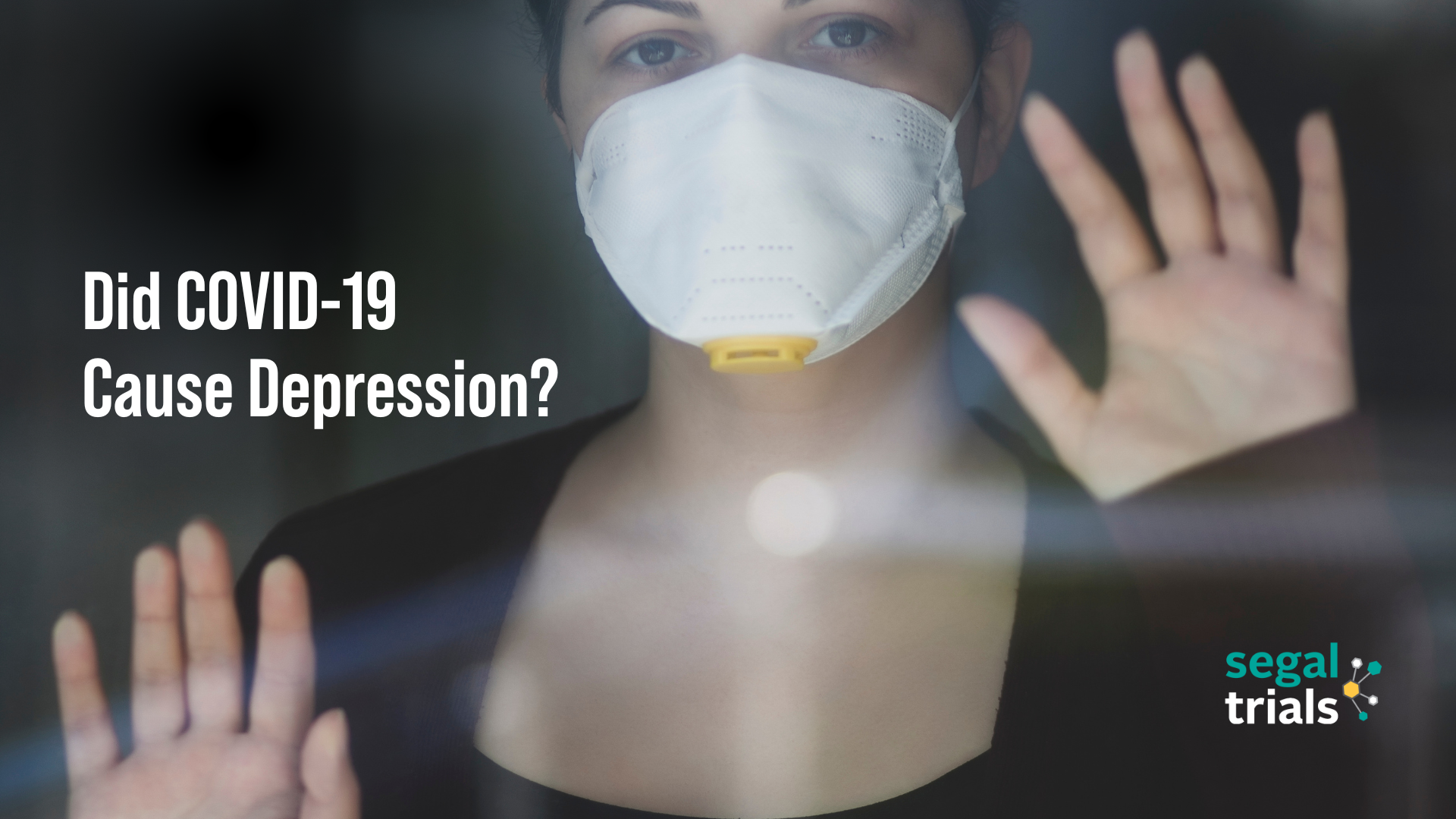Navigating Postpartum Depression: Support and Solutions

Understanding Postpartum Depression: Causes and Symptoms
Motherhood is often portrayed as a joyous and fulfilling experience, yet many new mothers face an unexpected challenge: postpartum depression (PPD). This condition can begin during pregnancy or shortly after childbirth, affecting a mother's emotional, physical, and hormonal well-being. PPD is more than just the "baby blues"; it can be a severe, long-lasting form of depression. Understanding its causes and symptoms is crucial for early intervention and support.
Several factors contribute to PPD, including hormonal changes, genetic predisposition, and environmental stressors. The sudden drop in estrogen and progesterone after childbirth can trigger mood swings and depressive symptoms. Additionally, the physical and emotional demands of caring for a newborn can exacerbate feelings of inadequacy and overwhelm.
Common symptoms of PPD include persistent sadness, anxiety, irritability, fatigue, changes in sleep and appetite, and difficulty bonding with the baby. If left untreated, PPD can impact a mother's ability to care for herself and her child, making it essential to recognize and address these symptoms promptly.
Emotional and Hormonal Changes During and After Pregnancy
Pregnancy is a time of significant transformation, not just physically but emotionally and hormonally as well. The body goes through dramatic changes to support the growing baby, and these changes continue postpartum. The fluctuation in hormone levels, particularly estrogen and progesterone, can significantly impact a mother's mood and emotional state.
During pregnancy, many women experience heightened emotions, ranging from joy and excitement to anxiety and fear. These feelings are natural but can become overwhelming, especially when coupled with physical discomforts like nausea, fatigue, and body aches.
After childbirth, the hormonal shifts can be even more pronounced. The abrupt decline in pregnancy hormones and the surge of oxytocin, the "bonding hormone," can lead to emotional highs and lows. While some mood changes are expected, persistent or severe emotional disturbances may indicate PPD. Understanding these hormonal influences can help new mothers and their support networks better navigate the postpartum period.
The Importance of Seeking Help: You're Not Alone
Experiencing PPD can feel isolating and overwhelming, but it's important to know that you're not alone. Many mothers face similar struggles, and seeking help is a vital step toward recovery. Acknowledging that you need support is a sign of strength, not weakness.
Reaching out to healthcare providers, such as obstetricians, pediatricians, or mental health professionals, can provide valuable guidance and resources. These experts can assess your symptoms, offer therapeutic interventions, and suggest appropriate treatments. Support groups, whether in-person or online, can also provide a sense of community and understanding from those who have walked the same path.
Friends and family play a crucial role in offering emotional and practical support. Simple acts of kindness, like helping with household chores or providing a listening ear, can make a significant difference. Remember, seeking help is a proactive step toward healing and well-being for both you and your baby.
Support Systems for New Mothers Facing PPD
Navigating the challenges of PPD requires a robust support system. Various resources and services are available to assist new mothers in managing their symptoms and improving their quality of life.
Healthcare providers can offer personalized care plans, including medication, therapy, or a combination of both. Cognitive-behavioral therapy (CBT) and interpersonal therapy (IPT) have proven effective in treating PPD. These therapies can help mothers develop coping strategies, improve communication skills, and build a support network.
Community resources, such as postpartum support groups and parenting classes, can provide additional assistance. These groups offer a safe space to share experiences, gain insights, and receive encouragement from peers and professionals. Many organizations also provide hotlines and online forums for immediate support.
Family and friends can be instrumental in a mother's recovery journey. Encouraging open communication, offering practical help, and fostering a non-judgmental environment can alleviate some of the pressures new mothers face. By building a strong support system, mothers can find the strength and resources needed to navigate PPD.
Innovative Treatments: Clinical Research Study Insights
In the quest to find effective treatments for PPD, clinical research studies play a pivotal role. One such study currently enrolling participants aims to evaluate an investigational treatment designed to alleviate PPD symptoms with a single dose. This innovative approach seeks to offer rapid relief for mothers struggling with the complexities of postpartum depression.
Participants in the study receive comprehensive care from licensed doctors at no cost, eliminating the barrier of health insurance requirements. Transportation assistance ensures that attending study visits is convenient, reducing logistical challenges. Additionally, participants may qualify to receive compensation for their time and travel, recognizing the value of their contribution to this vital research.
By joining a clinical research study, mothers not only take a significant step toward their own healing but also contribute to advancements in medical science. Their participation could pave the way for new, more effective treatments that benefit future generations of mothers experiencing PPD.
Empowering Your Journey: Taking the First Step to Recovery
Taking the first step toward recovery from PPD can be daunting, but it is also empowering. Recognizing the need for help and seeking support is a courageous act that sets the foundation for healing.
Start by speaking with your healthcare provider about your symptoms and concerns. They can guide you through available treatment options and connect you with mental health professionals if needed. Don't hesitate to explore community resources, such as support groups and parenting classes, which can provide additional layers of support.
Consider participating in clinical research studies that offer innovative treatment options. These studies not only provide access to cutting-edge therapies but also contribute to the broader understanding of PPD and its treatment.
Remember, your journey to recovery is unique, and progress may be gradual. Celebrate small victories along the way and lean on your support system for encouragement and assistance. Your strength and resilience inspire others and illuminate the path to recovery for countless mothers facing similar challenges. Together, we can navigate the complexities of postpartum depression and find renewed joy in the journey of motherhood.


